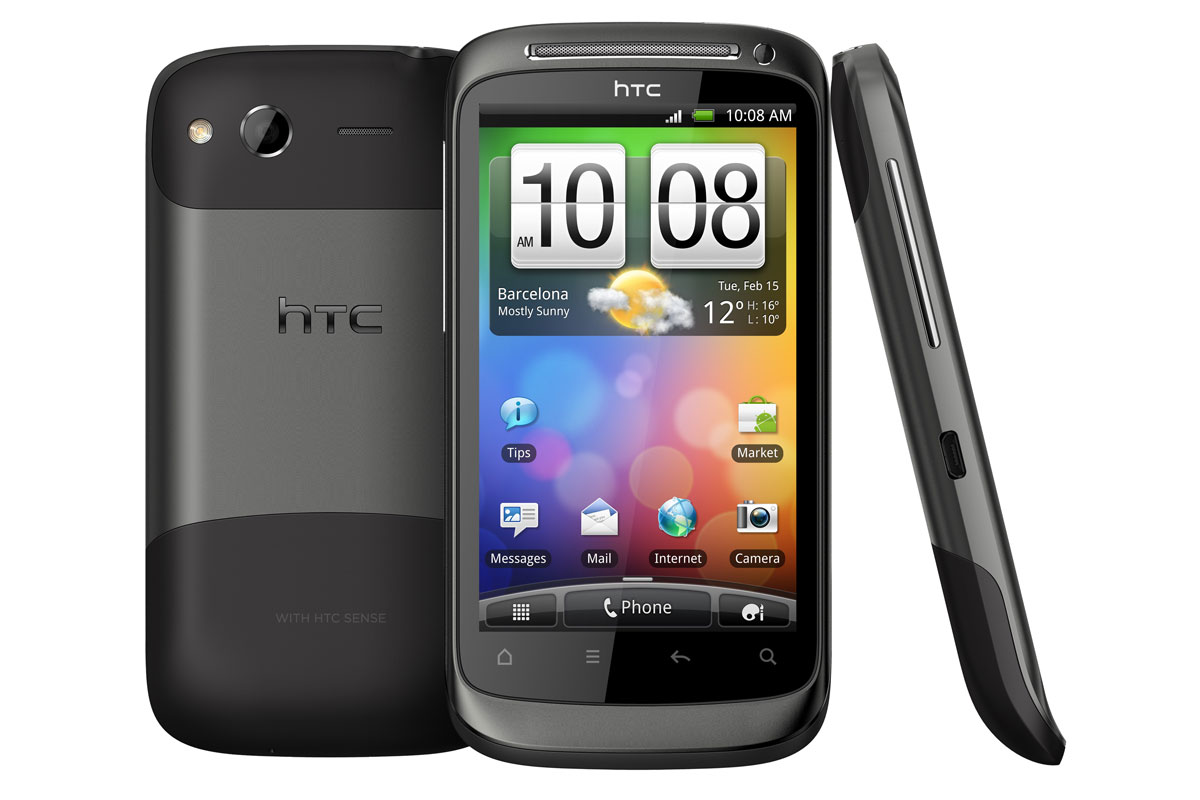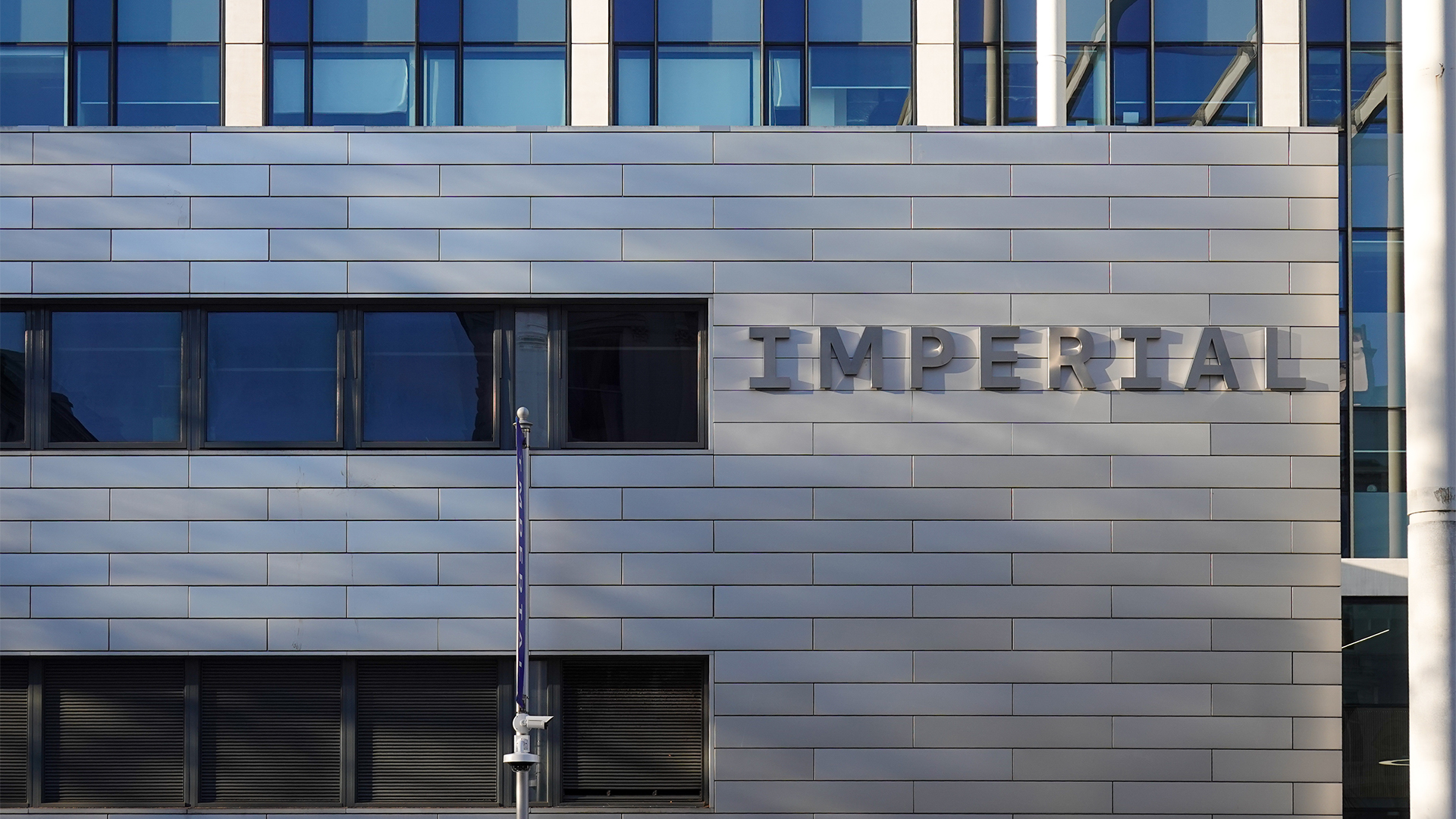HTC Desire S review
We take a look at the HTC Desire S, the company's debut Android 2.3 smartphone, to see if it has what it takes to pick up where its market-leading predecessor left off.

Overall, we were impressed with the HTC Desire S. It picks up where the original Desire left off, introducing more processing and graphics power, more RAM and even shaving some of the bulk off to save you 5g in weight. It's a good smartphone.For some, these incremental improvements won’t set any pulses racing. However it costs just £316 ex VAT SIM-free though, which is a bit cheaper than many high-end Android smartphones making it good value.On contract it's a different matter where it's available for free on a 24-month £30 a month Vodafone contract, just like the HTC Incredible S and Google Nexus S. The Incredible S is more comfortable to hold, while the Nexus S should receive immediate Android OS updates, unlike either HTC handset. If you're willing to commit to lengthy contracts, either of those two phones would be a better choice, but only just.
HTC has bumped up the Desire S's wireless connections to 14.4Mbps HSDPA 3G and Wi-Fi 802.11n. Getting the faster 3G speeds will be greatly dependent on your mobile network's capabilities and your location. 802.11n Wi-Fi connections should be more reliable than a 802.11g connection as long as you're connected to a 802.11n router. It should be faster too for tasks such as DLNA video streaming and file transfers, but will make little difference for web surfing.
Interestingly, we found the wireless connections to be a little temperamental, occasionally dropping a few bars when it shouldn't. We're not sure why this is, but it could be due to a widely reported.death-grip' issue where holding the phone in a certain way can adversely affect wireless reception.
The Desire S has a 5-megapixel shooter with LED flash and auto focus round back and a 0.3 megapixel front-facing camera for video calling. We used the Fring app to test video calling which worked well enough. We would strongly advise you to save your video calling for when you're connected to a Wi-Fi network for the best-looking results though.
We've already covered the new features in Android 2.3. As expected, HTC has layered its Sense user interface over Android and it is a pleasure to use as always. A couple of useful additions include the recent apps switcher and controls for all the wireless connections in the standard Notifications drawer.
The addition of HTC Sense cloud service now means that you can locate your phone when if you misplace it, back up your phone's important data to the cloud and even remote wipe it. Setup is easy and it is an invaluable tool in the event that you should misplace your smartphone. It's a good substitute if you don't have access to an Exchange server and its own remote security abilities.
Sign up today and you will receive a free copy of our Future Focus 2025 report - the leading guidance on AI, cybersecurity and other IT challenges as per 700+ senior executives
-
 ‘Not a shortcut to competence’: Anthropic researchers say AI tools are improving developer productivity – but the technology could ‘inhibit skills formation’
‘Not a shortcut to competence’: Anthropic researchers say AI tools are improving developer productivity – but the technology could ‘inhibit skills formation’News A research paper from Anthropic suggests we need to be careful deploying AI to avoid losing critical skills
By Nicole Kobie Published
-
 CultureAI’s new partner program targets AI governance gains for resellers
CultureAI’s new partner program targets AI governance gains for resellersNews The new partner framework aims to help resellers turn AI governance gaps into scalable services revenue
By Daniel Todd Published
-
 Imperial College wants to train larger, more complex AI models – so it's teaming up with Digital Realty on a UK-first project
Imperial College wants to train larger, more complex AI models – so it's teaming up with Digital Realty on a UK-first projectNews Digital Realty’s Woking data center has been selected to run the project
By Emma Woollacott Published